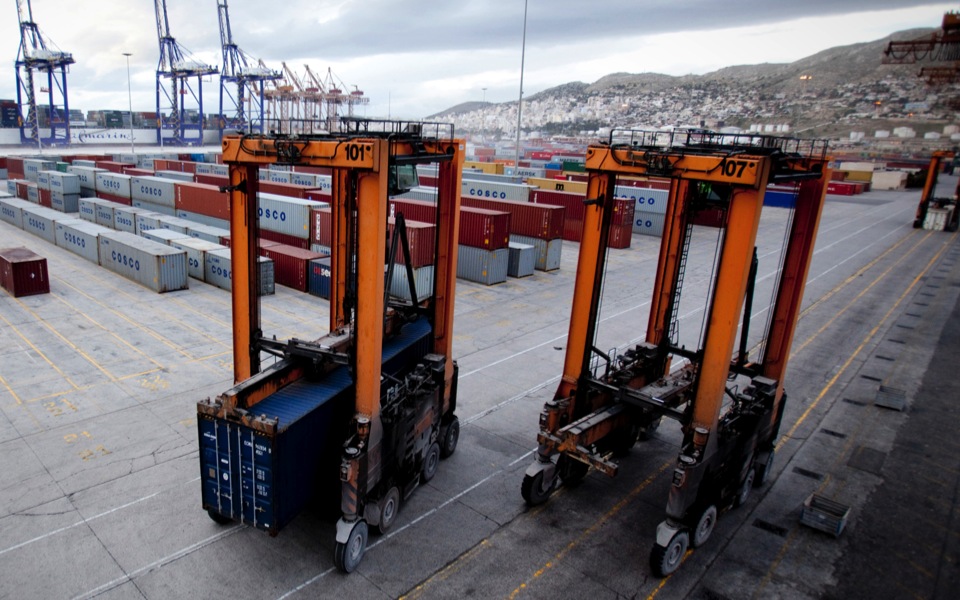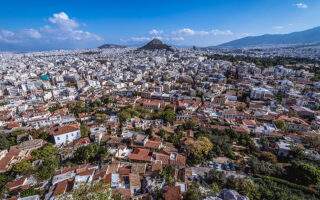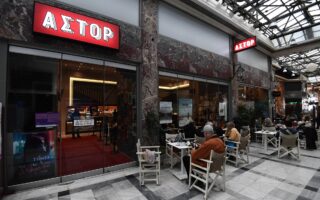The West’s new interest in infrastructure

How things have changed in 15 years! In 2008, a Chinese state company, Cosco, bought the port of Piraeus, outbidding a Hong Kong-based multinational. No Western firm showed an interest in Greece’s biggest port. The government at the time, under Kostas Karamanlis, proceeded with the agreement with China in the framework of broadening the country’s geopolitical reach – and because, basically, no one else was interested. It was the right move at the time and met with little resistance.
A similar deal today would raise a lot of dust and cause some serious reactions in Europe and in the United States. European and American media have taken an interest in Greece’s two big ports in recent years – in Piraeus because of China’s involvement and in Thessaloniki because of the involvement of a businessman with ties in Russia. In the case of Piraeus, they speak of China’s increasing penetration in Europe and call it the “head of the dragon.”
There is no doubt that in today’s cold war climate, these two sales would have been difficult, if not impossible. The German government came under incredible pressure when it was seeking to sell a stake in Hamburg’s port to Cosco and reactions from Brussels and from inside the government in Berlin forced it to significantly reduce the size of the Chinese share. But when Germany is selling a part of its cargo terminal to China, it’s kind of hard to criticize Greece.
The other question is: Where was the West when these deals were going through? One former Greek prime minister often talks about the phone calls he made to his counterparts in Paris and Berlin to drum up interest in a privatization that concerned crucial infrastructure. The answer he got was always the same: Businesses have shareholders and an independent management, and we can’t tell them what to do. But one French leader had warned then German chancellor Angela Merkel that by putting so much pressure on Greece, it was forcing it sell everything and pushing the country into China’s arms, with Piraeus being just the start.
Now the West is locked in a new cold war with Russia, but also with China. Brussels and Washington are pushing for a strict framework that will keep these two superpowers away from essential Western infrastructure. The question is whether they will also provide solutions, because you can’t have a free, globalized system where any state or company can bid for a port or airport and at the same time expect to retain control over all your infrastructure. At the end of the day, someone needs to cough up the cash when they go up for sale or long-term lease.




